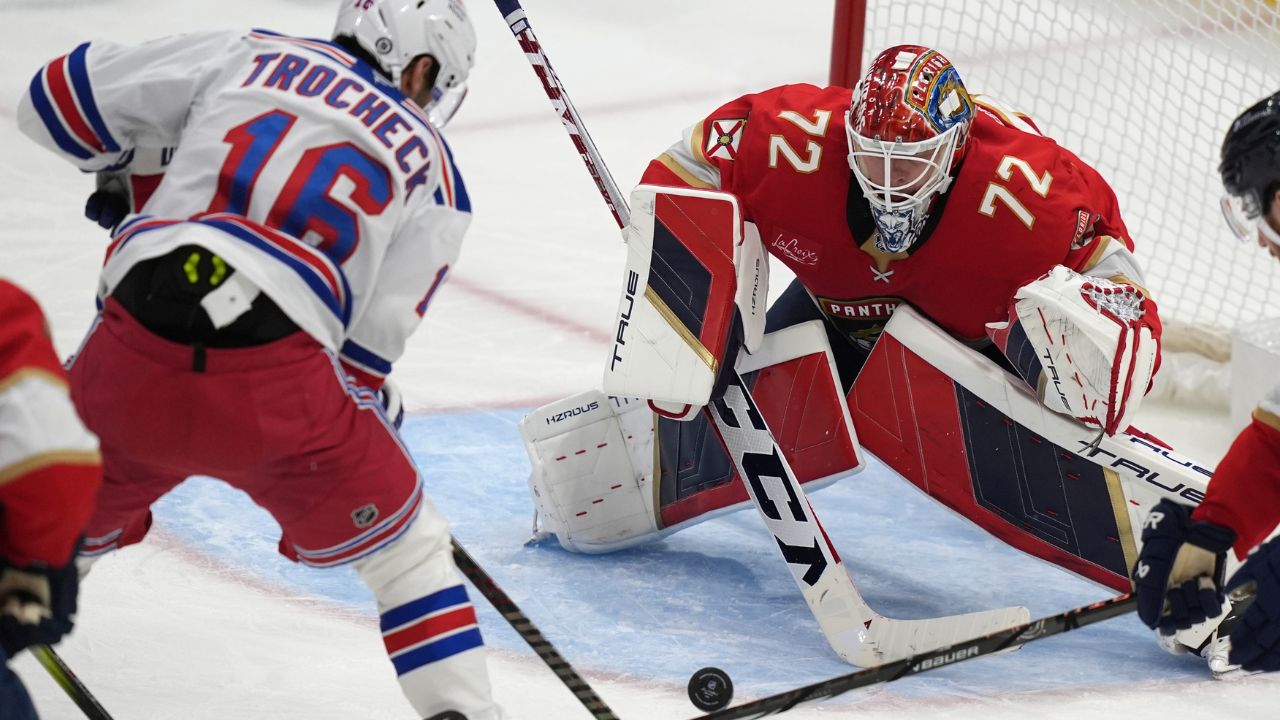
Morris Lukowich remembers sitting on the Winnipeg Jets’ bench, seeing it unfold in an instant in front of him — a brief moment in which potential and expectation met reality.
It was 1981, and Lukowich’s Jets were coming off a truly forgettable 57-loss season, a brutal showing that had them looking routinely out of place against the Wayne Gretzkys and Mike Bossys of the day.
“It was almost like we had an American Hockey League team playing in the NHL,” he recalls.
Of course, the nine-win campaign had also gifted Winnipeg the player now collecting the puck and steamrolling up the ice before Lukowich’s eyes — the one claimed with the No. 1 pick of that ’81 draft, whose curly locks landed just atop the soon-to-be legendary name stamped on the back of his jersey: “Hawerchuk.”
It was then that Lukowich got his first glimpse of what would become a powerful connection between Winnipeg and Dale Hawerchuk, who has passed away at the age of 57 after a long battle with cancer.
“I remember he came flying down the ice. The defenceman stepped up to hit him, and he somehow took the puck and flipped it up in the air — and then he spun,” Lukowich says. “And then he picked up the puck on the other side. … The defenceman got nothin’. He just kept going.”
Lukowich soon learned flashes of brilliance like these were par for the course for the then-18-year-old. The accumulation of them led Hawerchuk to 45 goals and 103 points in that rookie year — the first of seven campaigns above the 40-goal plateau — and the Calder Trophy. The Jets, meanwhile, went from nine wins without him to 33 wins with him leading the charge, good for a 48-point difference in the standings that ranked as the league’s best-ever single-season turnaround at the time.
“We were in a rebuilding mode, and he just — he had moves that I had not seen before,” Lukowich says.

Hawerchuk’s skillset seemed ahead of its time — as if a prodigy of today’s dynamic, creative age was dropped in the ’80s. He was an elite playmaker, a dog on any loose puck that dared float into a corner with him present, and, at 18, as patient and poised with the puck as No. 99, says Lukowich. And, of course, he was an ever-deceptive goal-scorer.
“He had an incredible ability to trick goaltenders when he was getting in on breakaways,” Lukowich remembers. “He would drop his shoulder a little so it would look like he was going low with the puck, and then boom — he’d put it top shelf.”
It was this indomitable collection of abilities that eventually carried Hawerchuk to the sport’s biggest stage, and one of hockey history’s most unforgettable moments, when he took the ice on Sept. 15, 1987, at the Canada Cup.
The clock had wound down to its final few minutes, with the score between Canada and the USSR knotted at 5–5 and the title on the line. Head coach Mike Keenan tapped Hawerchuk — still just 24 — to head over the boards to take a draw deep in Canada’s zone, the fate of the tournament seemingly resting on his shoulders. Flanked by the two greatest talents the game has ever seen, Nos. 66 and 99, Hawerchuk braced for puck-drop as the 17,026 in attendance at Hamilton’s Copps Coliseum held their breath.
What happened next has since become an indelible memory in the minds of Canadian hockey lovers. Hawerchuk tying up his opposing faceoff practitioner long enough for Mario Lemieux to poke the puck free and take off up ice. Lemieux dishing to Wayne Gretzky, and Hawerchuk — ever the crucial gear — tying up Vyacheslav Bykov and sending him tumbling to the ice.

The Hawerchuk hook created a pocket of space just empty enough for Lemieux to receive a pass back from Gretzky and ultimately snipe one past Sergei Mylnikov to seal Canadian glory. That Gretzky-to-Lemieux winner is royalty among Canadian hockey highlights. But buzzing around in the background, making it so, was Hawerchuk.
And no one who’d watched him closely was surprised.
“He was just an amazing talent, right off the bat,” says Lukowich, “[and he]showed [it]by playing at the highest level in the Canada Cup with Team Canada, and being instrumental in one of the most famous goals around.”
And it didn’t take a Cold War battle of epic proportions to bring out the best in Hawerchuk, either. In fact, the Toronto native was often most motivated when pitted against his hometown team.
“He loved playing in Toronto,” Lukowich says. “If he ever got in a spot where maybe he wasn’t scoring or something like that, and a Toronto game was coming up, he normally racked up four or five points [there]. … I was amazed.”
Playing nine years in Winnipeg and five more in Buffalo before concluding his career with stints in St. Louis and Philadelphia, Hawerchuk was inducted into the Hockey Hall of Fame in 2001.
His 1,409 career points rank him 20th in all-time scoring — right below Doug Gilmour, with whom he lifted the ’81 Memorial Cup as a member of the Cornwall Royals, and right above Jari Kurri, beside whom he entered the Hall.
He was, simply put, a rare talent, from that very first day in Winnipeg, and right to the end of his career.
“There are some players that when they come into the NHL, it’s as if God has reached down and touched them.… Dale was one of those,” Lukowich says. “His abilities to handle the puck, to be able to move laterally, to be able to stickhandle past defencemen — he had an amazingly quick shot and an amazingly quick slapshot. He just had an amazing knack for scoring.
“Some people are born with it, some people can learn it. He was born with it.”




